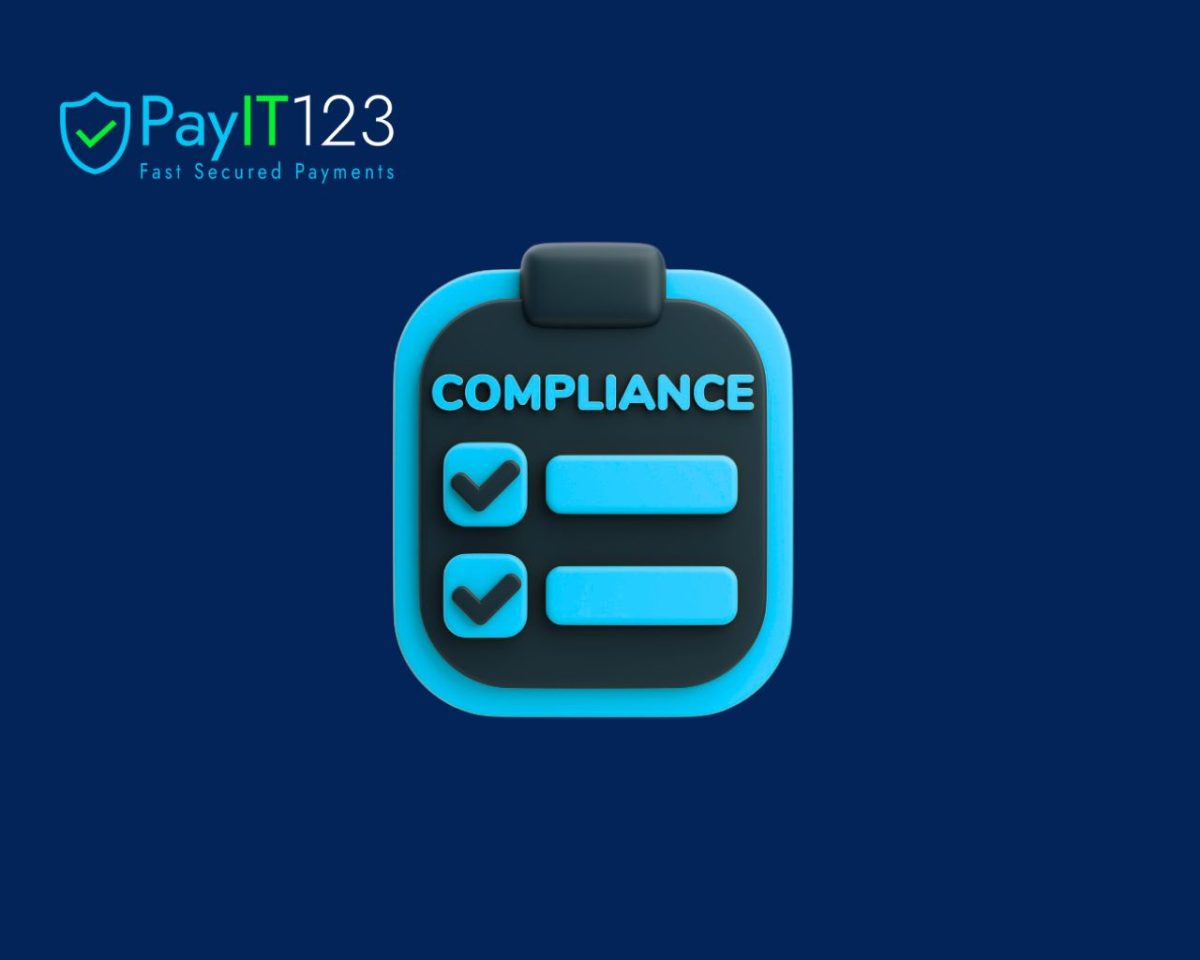Introduction
Ensuring Payment Card Industry (PCI) compliance is crucial for businesses involved in card issuance and processing. With the rise in cyber threats and data breaches, maintaining PCI compliance protects sensitive customer information and minimizes the risk of security vulnerabilities. PCI compliance is not just a legal obligation but also an essential step toward building trust with customers and safeguarding your brand’s reputation. Here’s how you can ensure PCI compliance in card issuance and processing.
- Understand PCI DSS Requirements
The first step in ensuring PCI compliance is to thoroughly understand the Payment Card Industry Data Security Standard (PCI DSS). These standards outline the security measures that organizations handling cardholder data must implement. PCI DSS covers areas such as encryption, data storage, secure networks, access controls, and regular monitoring of transactions. Familiarize yourself with the 12 key requirements of PCI DSS to establish a strong foundation for compliance. - Use Secure Card Issuance Methods
When issuing physical or digital cards, it is essential to implement secure practices to protect sensitive cardholder data. Use encryption techniques to safeguard cardholder information during the entire card issuance process. Ensure that data is securely transmitted when applying for a new card and during its activation. If using digital cards, implement tokenization and other security methods to reduce the exposure of sensitive data. - Implement Strong Access Control Measures
PCI DSS requires businesses to enforce strict access controls to ensure that only authorized personnel can access cardholder data. Use role-based access controls (RBAC) to limit access to sensitive information based on job functions. Additionally, require multi-factor authentication (MFA) for all employees and third-party vendors who handle cardholder data. Regularly review user access rights to minimize the risk of unauthorized access. - Ensure Secure Payment Processing
Card processing is one of the most critical areas where PCI compliance is necessary. Work with payment processors who are PCI-certified and use secure methods for handling card transactions. Encrypt card details during transmission and avoid storing sensitive cardholder data unless necessary. If storing cardholder data is required, ensure it is stored in a secure environment with proper encryption and access controls in place. - Regularly Monitor and Test Security Systems
Regular monitoring and testing of security systems are vital to ensure ongoing PCI compliance. Conduct vulnerability assessments and penetration testing to identify and address potential security weaknesses. Additionally, implement continuous monitoring of card transactions to detect any unusual activities that could indicate a security breach. It’s also essential to maintain detailed logs for auditing and troubleshooting purposes. - Train Employees on PCI Compliance
Employee training is a key component in ensuring PCI compliance. Educate staff about the importance of protecting cardholder data and the measures in place to maintain security. Provide regular training on how to handle sensitive card information securely, recognize phishing attempts, and report suspicious activities. A well-trained team is essential for minimizing human error and reducing security risks.
Conclusion
Ensuring PCI compliance in card issuance and processing is essential for protecting sensitive customer information and maintaining trust. By understanding PCI DSS requirements, utilizing secure card issuance methods, implementing access controls, ensuring secure payment processing, and providing employee training, businesses can minimize security risks and meet the necessary compliance standards. Compliance is an ongoing process that requires vigilance, but the effort is well worth it in terms of security and customer trust.
#PCICompliance #CardIssuance #PaymentProcessing #DataSecurity #Fintech #Cybersecurity #ComplianceBestPractices

